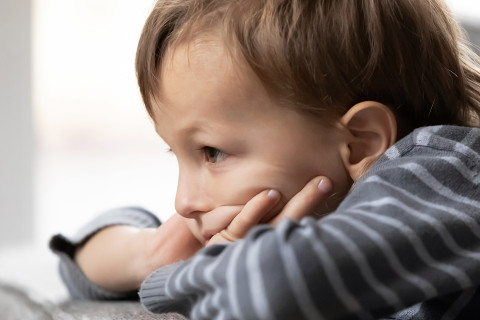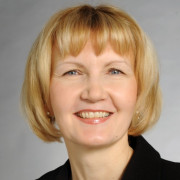Coordinated by the University of Eastern Finland, the interdisciplinary and international PEICAS project is currently examining how children with autism spectrum disorder interact with others in inclusive classrooms. The project will also collect data from adults with autism spectrum disorder relating to their school years, studying and working life, and the related interaction. Views on how to speak about autism spectrum disorder are also explored.
In Finland, research into the peer interaction of children with autism spectrum disorder remains scarce. Research in inclusive classrooms will provide further information on how children with autism spectrum disorder interact with their peers. The theme is highly topical because children in need of support, including children with autism spectrum disorder, are increasingly studying in inclusive classrooms.
However, interacting with peers is not easy for all children with autism spectrum disorder. Indeed, they have been found to have fewer friends than their peers in inclusive education. In addition, they regard the quality of their friendships as weaker, and experience more loneliness, rejection and bullying.
The PEICAS project focuses on identifying and describing, in particular, successful peer interaction situations between children with autism spectrum disorder and their classmates. The aim of the study is to find out what forms of interaction between children contribute to successful interaction situations.
Data collected from adults with autism spectrum disorder, on the other hand, helps to identify broader factors related to successful interaction that are relevant at different stages of the life course.
“Among other things, we are studying how the interviewees have experienced interaction with their peers and other people in schools, studies and work,” Professor of Special Education Eija Kärnä says, summing up the project.
How should we talk about autism spectrum disorder?
The project will also conduct surveys into how people with autism spectrum disorder, their family members and relatives, and professionals and researchers working with them feel that autism spectrum disorder should be talked about, and what aspects of the disorder would be particularly important topics for research. No similar surveys have been carried out in Finland before.
“In order to be able to speak respectfully and clearly about autism spectrum disorder and about people with autism spectrum disorder, it is important to know which words different parties would prefer in official contexts, and on what grounds. It is also useful to know what kind of research is considered important by people affected by autism spectrum disorder in one way or another, so that research can respond to their everyday needs.”
There is plenty of research on autism around the world, but not so much in Finland. The number of people with autism spectrum disorder appears to be somewhat growing, possibly in part due to the fact that features associated with autism spectrum disorder are nowadays better recognised. Many children in need of support may also have features of autism spectrum disorder, even if they do not have an actual diagnosis of autism. Thus, taking autism spectrum disorder into account in education will benefit many other children, too.
“For our project, it is important that the research we are conducting is respectful and relevant to people with autism spectrum disorder. That is why we are collaborating with adults with autism spectrum disorder who are experts by experience, and we are also involving the children participating in our study by asking them to share their views on the video recordings collected from peer interaction situations,” Kärnä says.
The Peer Interactions involving Children with Autism Spectrum disorder in inclusive classrooms (PEICAS) project is an international and interdisciplinary research project coordinated by the University of Eastern Finland and funded by the Academy of Finland. The four-year project started in September 2019. The project involves researchers in the fields of special education, psychology, and computer science. https://www.peicas.fi/
The World Autism Awareness Week is observed on 29 March –4 April 2021. This year, the Finnish autism association, Autism Finland, has as its theme “Attitude costs nothing”. The theme seeks to highlight the fact that an autism-friendly environment is not a matter of money, but rather a matter of attitude.

